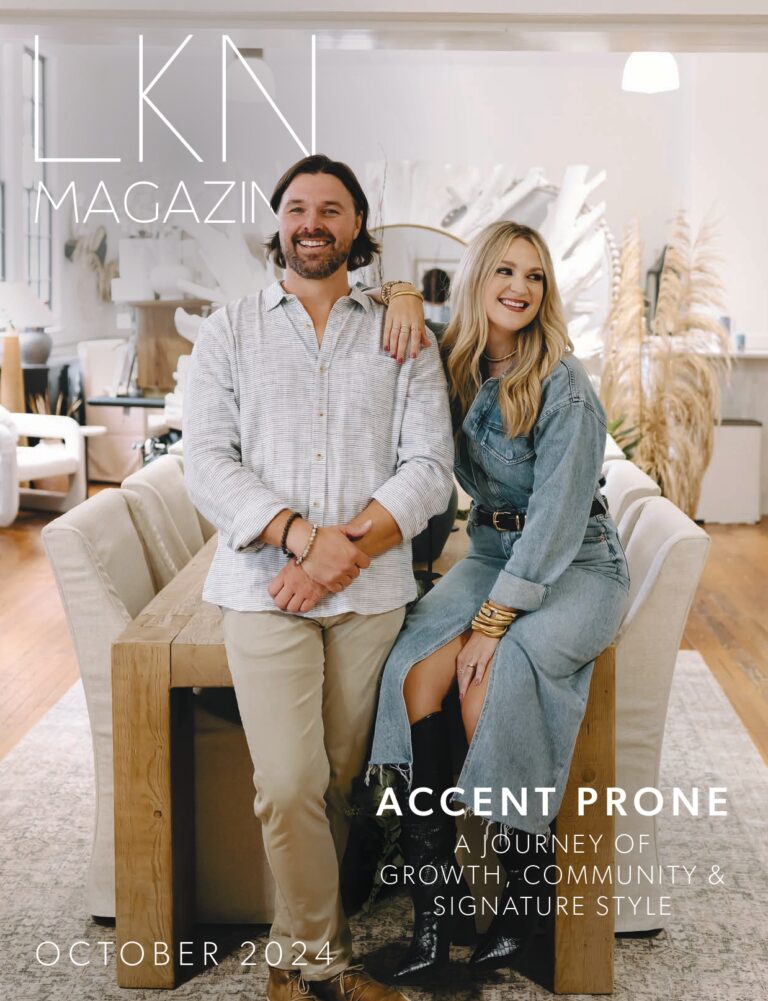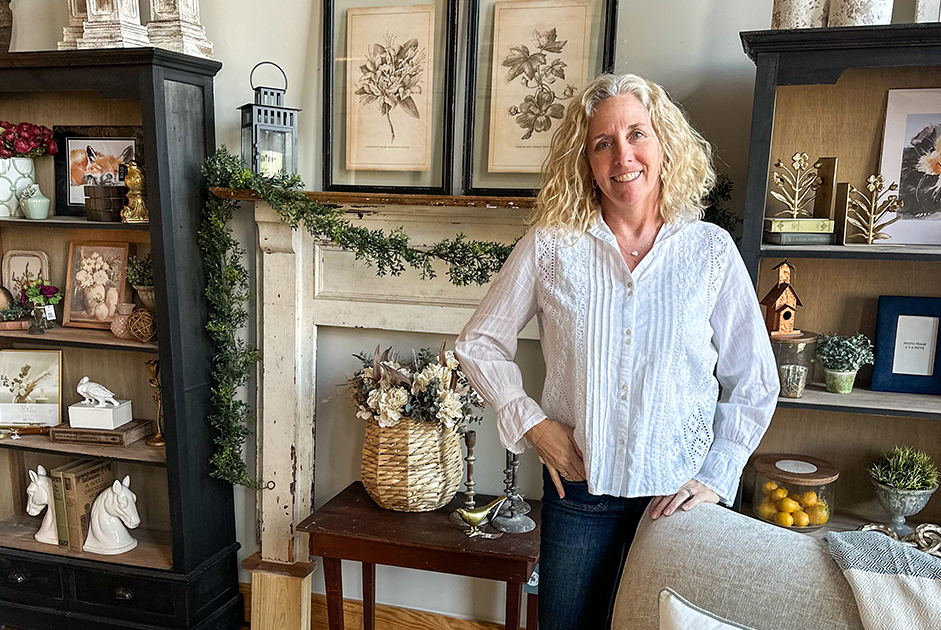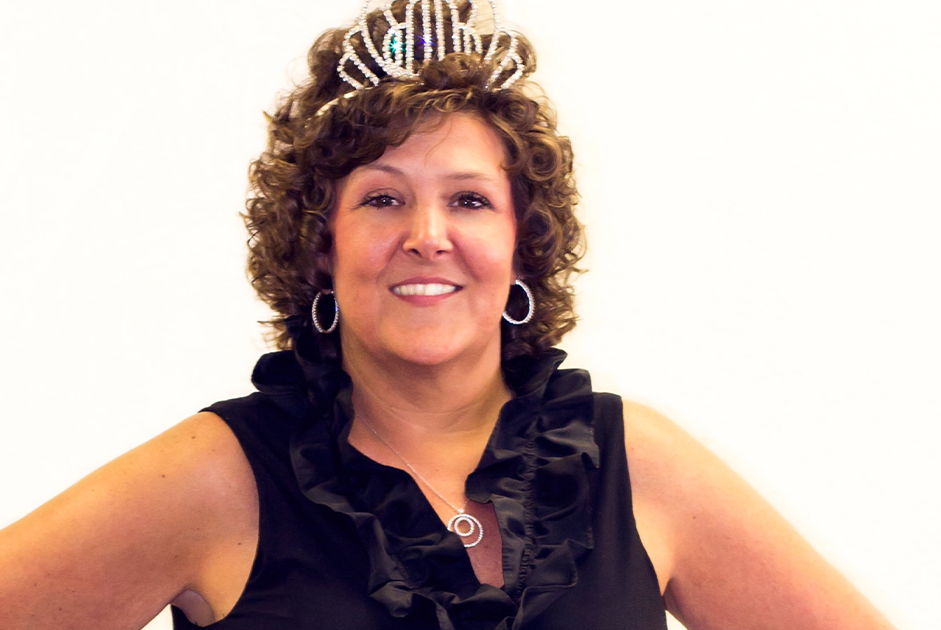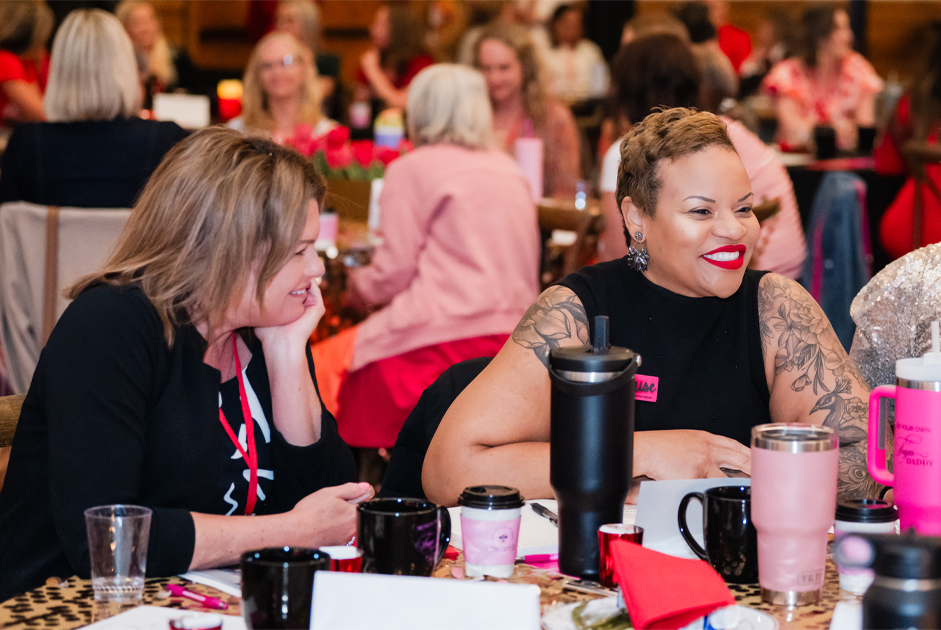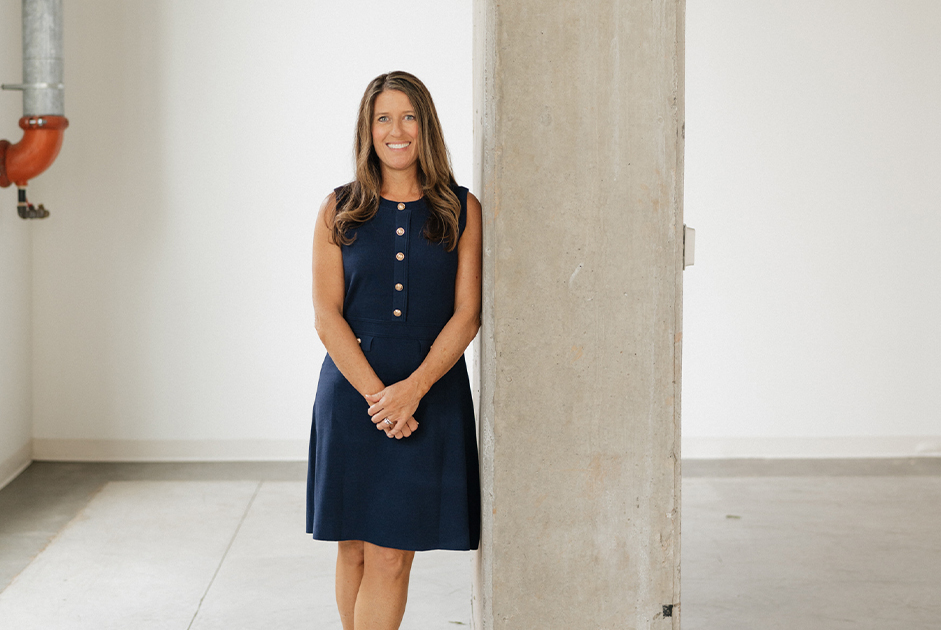Many of us “should” on ourselves a lot. Whether it’s about our health, as in:
I should eat better
I should exercise more
I should lose 15 pounds.
Or about our “obligations”:
I should call my step-mom already
I should bring some flowers over to my sick neighbor
I should donate to the food bank more often.
Or maybe for you, it’s some other type of “should,” one that’s focused outward, toward other people:
You should apologize to her
You should have gotten a dog by now
You should try my hair stylist.
Right now, torpedoed by a barrage of shoulds, how do you feel?
I feel “crappy.” That’s because when I direct a should inward, it rarely motivates or inspires me to act. Instead, it drags me down, making me feel guilty or deficient. Directed outward, those shoulds, however well-intended or gently-delivered, come across as judgment.
A couple of years ago, I decided to lose my should by not saying ‘I should’ or ‘you should.’ By reframing those habits of mind and tongue, I felt intentional and empowered – which was so much better than feeling burdened, guilty, or judgmental. I realized that I was on to something. Of course, it wasn’t as if overnight, I could change a lifetime habit reinforced by culture and familiarity. Which is why I made dropping the shoulds a goal to work toward. That approach was a far cry from my 16- year-old self who read an article, then decided she should put down the salt shaker forever. Somewhere along the way, I realized and then accepted that while some changes can be made overnight, the majority of them take time and no small measure of self-directed kindness.
I notice that certain people in my life stir up the knee-jerk-should reaction. Case in point: my stepson and his girlfriend recently engaged in the first-time home-buying experience. The apple not falling far from the tree, the house was circa 1910 with a serious cool factor that redeemed its need for a serious restoration. As Dean and I sat eating soup on a chilly winter night, our shoulds spewed forth with abandon: They should spring for the more expensive mold inspection; they should tackle the kitchen first; they really should do their homework before they jump right in for God’s sake! In fairness, our private shoulding was based on love, concern, experience, and the strong desire to spare these millennial first-timers from the pitfalls we had encountered. I admit: all of that shoulding was cathartic. Then we put the lid back on and reached out from a place of enthusiasm and helpfulness: Did your realtor have any suggestions regarding the inspection? We know you guys are concerned about health. Are you thinking about maybe springing for the serious mold inspection? Not saying that you need to, but it ended up saving us quite a bit in the end.
If shoulding on yourself or others is a habit you’d like to lose, consider these tips:
- The Self-directed Should: Replace it with a concrete action you can take to reach the goal or express the value that matters to you (I think I’ll take a ten-minute walk to add some steps to my day).
- Give yourself an Atta Girl! For losing the guilt-driven should.
- The Other-directed Should: Replace it with a thoughtful question and relate what you say to the other person’s goals or values (“I know you’ve been lonely since Kim moved out. Have you considered getting a pet?”).
Give yourself an Atta Girl for eliminating any suggestion of judgment.


